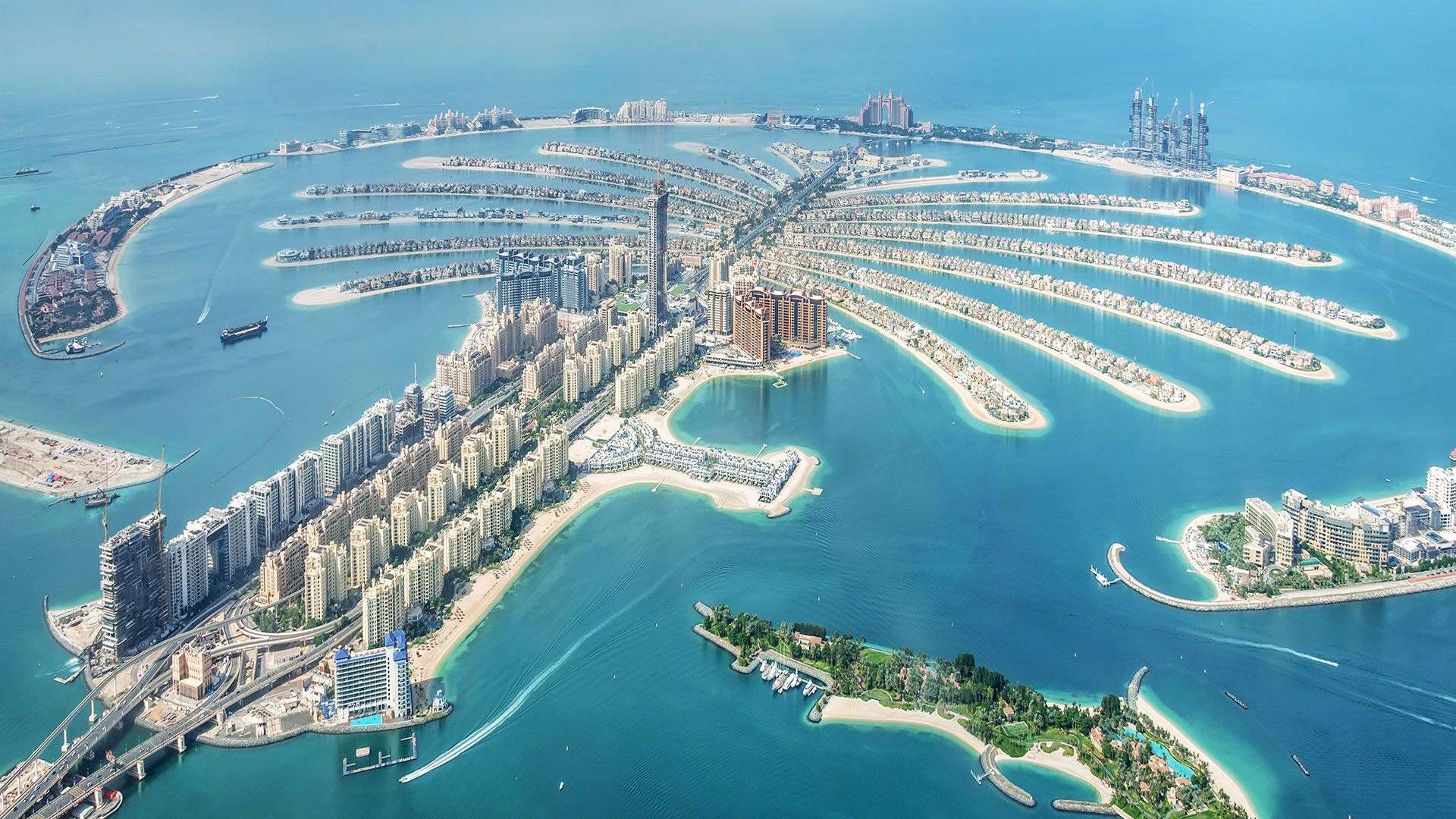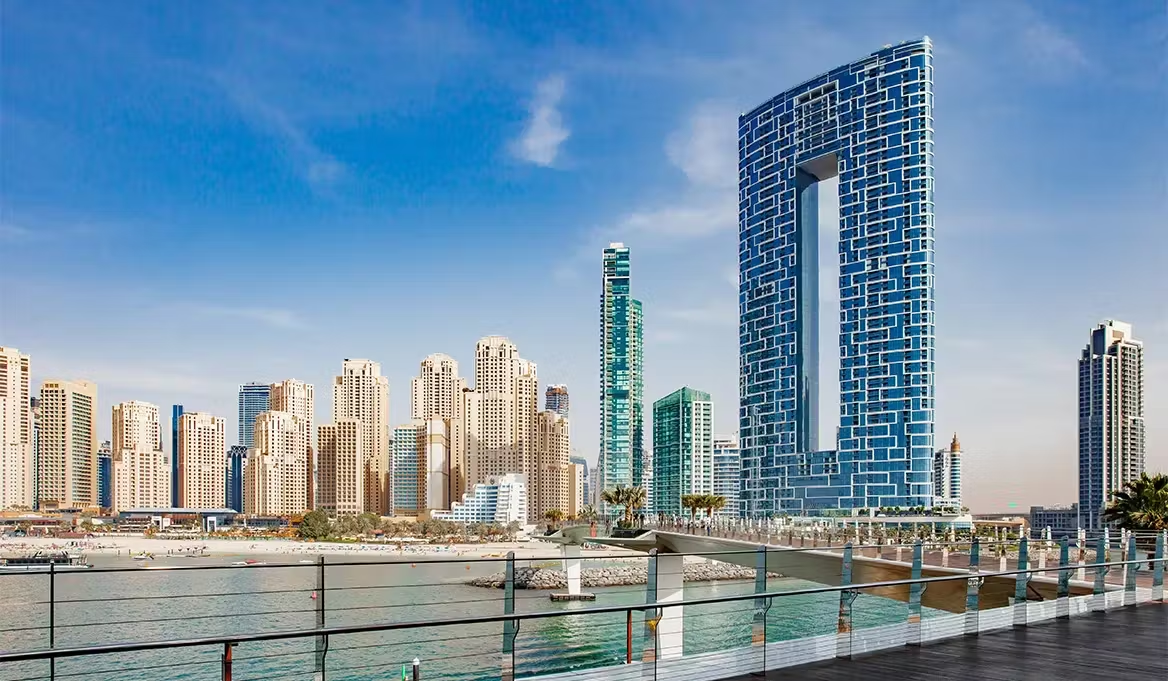Big Change in 2025: Free Zone Companies Can Now Work with Mainland Clients in Dubai
Table of Contents
Introduction
Dubai’s business environment has always been built on a dual system: the Mainland economy and the Free Zones. For decades, this structure allowed investors and entrepreneurs to choose the model that best suited their goals. Mainland companies had the benefit of direct access to the local market, while Free Zone companies enjoyed attractive tax benefits, 100 percent ownership, and easy access to international trade.
However, there was always a wall between these two worlds. A Free Zone business could not directly serve a Mainland client. If a Free Zone company wanted to do business inside Dubai’s local market, it had to either appoint a distributor, partner with a Mainland company, or establish a separate Mainland entity. This created barriers, especially for small service-based companies that did not have the resources to manage two setups.
That wall has now been taken down. In 2025, the Executive Council of Dubai issued Resolution No. (11) of 2025, a landmark decision that transforms how Free Zone businesses operate. Under this new rule, Free Zone Establishments can legally conduct activities in the Mainland without forming a separate Mainland company.
What does this mean in practical terms? If you are a consultant, IT service provider, marketing agency, training company, or professional services firm, you can now serve Mainland clients legally and directly. Instead of turning down opportunities or entering into complicated agreements, you can simply apply through one of the approved legal pathways and get to work.
This change matters because Dubai’s Mainland economy is massive. While Free Zones are excellent for global trade and cross-border services, the Mainland is home to the city’s retail, construction, hospitality, healthcare, and corporate sectors. By opening this door, Dubai is effectively giving Free Zone entrepreneurs access to its largest customer base.
For many Indian entrepreneurs, small business owners, and service providers, this resolution could be the turning point they have been waiting for.

Section 1: What Changed with Resolution No. (11) of 2025
To appreciate how big this shift is, we first need to understand how things worked before.
Before 2025
Free Zone companies were considered independent jurisdictions. They had full autonomy within their zones and could trade internationally without restrictions. But when it came to Dubai Mainland, the rule was clear: a Free Zone entity could not directly conduct business. If you wanted to serve Mainland clients, you needed one of these options:
Appoint a Mainland distributor or commercial agent.
Set up a Mainland company with a DET licence.
Form a branch office in the Mainland.
For many small businesses, these options were too costly or too complex. As a result, Free Zone companies often focused on international markets and missed out on lucrative local opportunities.
After the 2025 Resolution
The new law changes this dynamic. Executive Council Resolution No. (11) of 2025 explicitly allows Free Zone Establishments (FZEs) to conduct activities in Dubai Mainland under defined legal frameworks.
There are now three pathways to compliance:
Mainland Branch Licence
The Free Zone company can establish a branch in the Mainland.
This branch will be registered with Dubai’s Department of Economy and Tourism (DET).
The branch is fully authorised to carry out approved activities.
This is ideal for businesses that plan ongoing, long-term work with Mainland clients.
Out-of-Free-Zone Branch Licence
This is a hybrid model where the Free Zone company operates a branch outside its zone.
It requires DET approval but allows flexibility without full Mainland company formation.
Best suited for firms that occasionally need a physical presence in Mainland but don’t want full duplication of their operations.
Temporary Activity Permit
Allows a Free Zone company to conduct specific activities in Mainland for a limited period.
Ideal for projects, events, training workshops, or consultancy assignments that run for weeks or months.
This permit provides legal cover without long-term commitments.
Fees and Validity
Branch licence fee: AED 10,000
Temporary activity permit: AED 5,000
Validity varies depending on the permit chosen (temporary permits are time-bound, while branch licences can be renewed annually).
Businesses must maintain separate bookkeeping for Free Zone and Mainland activities, ensuring clear compliance and accountability.
In short, the law provides flexibility. Whether you need a short-term permit for a project or a long-term branch licence, you can choose the pathway that suits your business model.
Section 2: Why This Is a Game-Changer for Free Zone Businesses
For years, Free Zone companies were described as “islands.” They had independence, tax benefits, and access to international trade, but they were disconnected from the Mainland economy. While this was not a problem for export businesses, it created major hurdles for service-based companies.
Access to Dubai’s Largest Market
The Mainland is home to the majority of Dubai’s businesses, from retail giants and construction companies to corporate offices and government-linked entities. By opening the Mainland to Free Zone companies, Dubai has effectively unlocked a much larger pool of potential clients.
Cost Savings and Flexibility
Previously, if you wanted to serve Mainland clients, you had to form a Mainland company. This meant additional licence costs, office rental, visas, and administrative overheads. Now, you can expand into Mainland using your existing Free Zone entity, significantly reducing setup costs.
Advantages for Service Providers
This is particularly beneficial for:
Consultants and freelancers who deliver training, workshops, or advisory services.
Marketing and creative agencies working with Mainland retailers, restaurants, or real estate developers.
IT and software firms implementing solutions for Mainland companies.
These businesses can now operate seamlessly without restructuring.
Trust and Legitimacy
Mainland clients often hesitated to work with Free Zone firms because of legal restrictions. With this law, Free Zone companies can approach Mainland clients confidently, knowing their operations are recognised and regulated by DET.
Workforce Flexibility
Free Zone employees can now work on Mainland projects without changing visas. This makes staffing more efficient and avoids duplicating employment contracts.
Overall, the new resolution provides a bridge that connects the advantages of Free Zones with the opportunities of the Mainland.

Section 3: Who Benefits the Most
While all Free Zone companies stand to gain, some sectors will benefit more than others.
Professional Services Firms
IT consulting companies can now implement software projects for Mainland corporations.
Management consultants can advise Mainland businesses without forming a separate entity.
Marketing agencies can run Mainland campaigns directly.
Event and Training Companies
A Free Zone training company can host workshops in Mainland Dubai with a temporary permit.
Event companies can run conferences and activations for Mainland clients.
Wellness and Fitness Consultants
Personal trainers and wellness coaches licensed in Free Zones can now deliver services at Mainland premises.
Construction and Design Firms
Fit-out consultants, subcontractors, and design firms can participate in Mainland projects legally.
Small Business Owners
Entrepreneurs who prefer Free Zones for 100 percent ownership but want access to Dubai’s local market now have the best of both worlds.
Indian Entrepreneurs
Many Indian business owners in Dubai have traditionally chosen Free Zones because of simplicity and ownership rules.
Their challenge was always Mainland access. With this change, they can serve local clients without costly restructuring.
Section 4: The Compliance Angle
As with any legal change, compliance is critical.
Approvals Needed
Businesses must secure approval from DET (Department of Economy and Tourism).
They must also obtain no-objection certificates from their Free Zone Authority.
Separate Bookkeeping
Mainland and Free Zone activities must be recorded separately.
This ensures clear financial reporting, audits, and compliance with tax rules.
Corporate Governance
Businesses may face inspections and audits from DET.
Annual licence renewals must be maintained properly.
Regularisation Period
Companies already serving Mainland clients informally must regularise their position within one year.
Failure to do so could result in penalties, fines, or suspension of licences.
Compliance should not be treated as an afterthought. For Free Zone companies, this is an opportunity to expand legally, but it comes with responsibilities.
Section 5: Practical Scenarios
To illustrate how the law works, let’s look at a few real-world examples.
IT Consulting Firm
A Free Zone IT firm lands a Mainland corporate client.
It applies for a Mainland branch licence via the Invest in Dubai portal.
The branch executes the project legally, while employees remain on Free Zone visas.
Training Company
A Free Zone training institute is invited to host a three-month workshop in Mainland Dubai.
Instead of forming a Mainland company, it applies for a temporary activity permit for AED 5,000.
The project is completed within the permit duration.
Marketing Agency
A Free Zone agency is hired by a Mainland retailer.
It sets up an out-of-Free-Zone branch to manage the campaign.
The arrangement is fully compliant, building client confidence.
How GenZone Helps
Check activity eligibility against DET’s activity list.
Apply via the Invest in Dubai portal and secure approvals.
Maintain compliance with bookkeeping, audits, and renewals.
Advisory support to help entrepreneurs choose the right pathway.

Section 6: What to Do Next
If you own a Free Zone business, this is the time to act.
Review Your Licence
Check whether your business activities are included in DET’s approved list.
Choose the Right Pathway
Short-term projects → Temporary activity permit.
Ongoing operations → Mainland branch licence.
Occasional presence → Out-of-Free-Zone branch licence.
Leverage Free Zone Workforce
Use your existing employees to deliver projects without the cost of duplicate visas.
Seek Professional Help
Work with experts like GenZone to navigate DET approvals and avoid compliance risks.
Conclusion
Dubai has taken a bold step in 2025 to bridge the gap between its Free Zone and Mainland economies. For years, Free Zone companies thrived internationally but struggled locally. Now, thanks to Resolution No. (11) of 2025, they can directly access the Mainland market without sacrificing the benefits of Free Zone ownership.
This change will empower consultants, agencies, trainers, IT firms, and entrepreneurs to expand their reach, save costs, and build stronger client relationships in Dubai.
The opportunity is clear: Free Zone companies can now enjoy the best of both worlds — international access, tax efficiency, and 100 percent ownership, combined with legal access to Dubai’s biggest customer base.
If you own a Free Zone company and want to take advantage of this new law, contact GenZone today. Our experts can help you choose the right compliance pathway, apply through the Invest in Dubai portal, and expand your business into the Mainland legally and efficiently.


